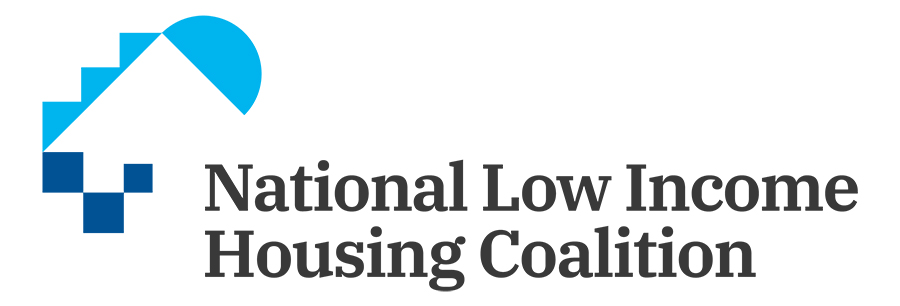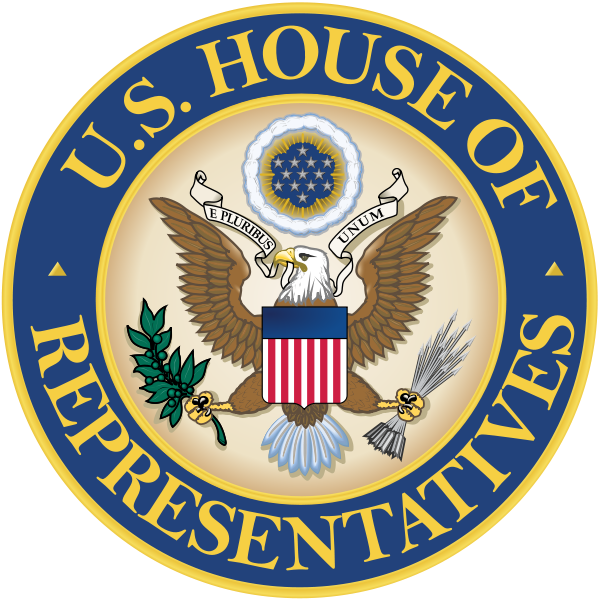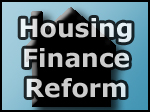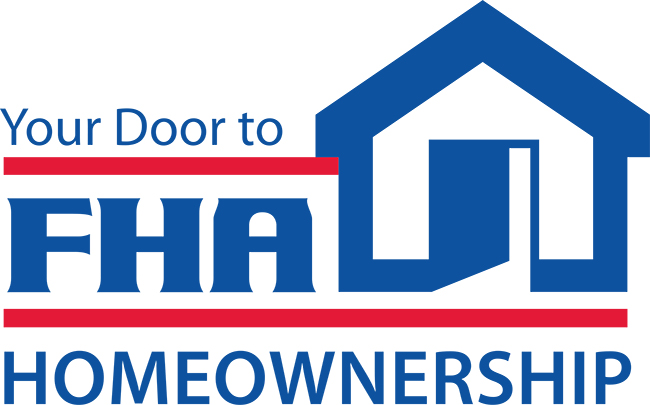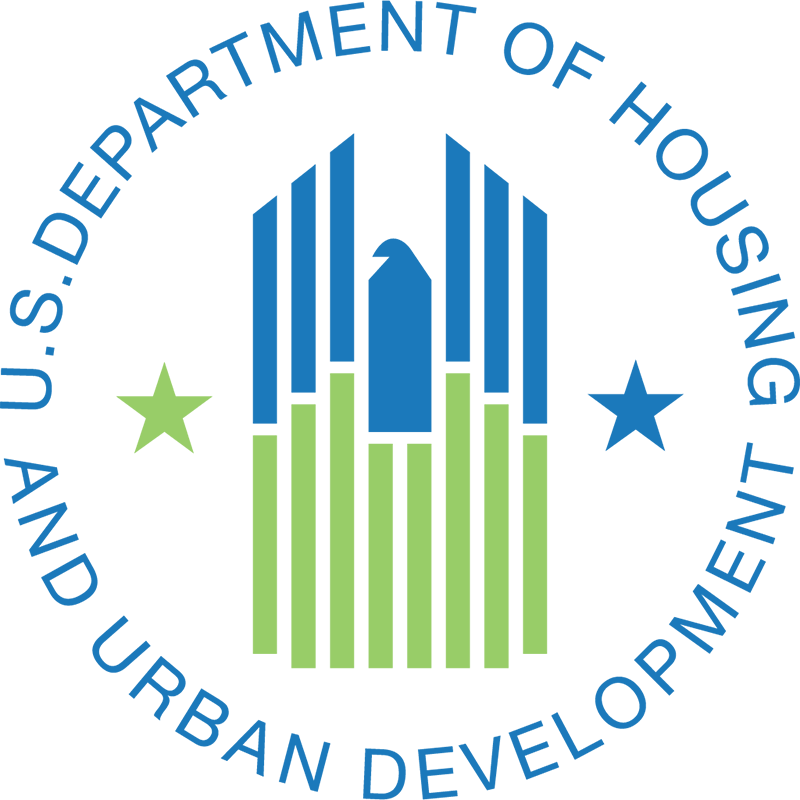NCSHA Blogs
NLIHC Report Finds Shortage of 7.2 Million Affordable Rental Units for Lowest Income Renters
On March 24, the National Low Income Housing Coalition (NLIHC) released its 2016 report focusing on the gap between the number of extremely low-income (ELI; households with incomes at 30 percent of area median income or less) and the number of affordable housing units available to them. According to NLIHC’s The Affordable Housing Gap Analysis 2016, there are just 31 units affordable and available to every 100 ELI households nationwide—a shortfall of 7.2 million units.
Representative Waters Introduces Emergency Relief Legislation to End Homelessness
Last week, House Financial Services Committee Ranking Member Maxine Waters (D-CA) introduced the Ending Homelessness Act of 2016, H.R. 4888, which would provide $13.27 billion over five years to housing and services programs with the goal of ending homelessness in America. Announcing her new legislation, Representative Waters argued that homelessness is not an insurmountable problem but requires “the political will to put the necessary resources behind the solutions we know will work” and called on Democrats and Republicans to come together to end the homelessness crisis through increased resources.
Industry Experts Propose New Housing Finance Reform Plan
An independent group of housing industry experts recently released a report proposing a plan for overhauling the Government-Sponsored Enterprises (GSEs) Fannie Mae and Freddie Mac. The proposal was drafted by Jim Parrot of the Urban Institute, mortgage investor Lew Ranieri, former presidential advisor Gene Sperling, Mark Zandi of Moody’s Analytics, and Barry Zigas of the Consumer Federation of America.
Senator Cantwell, ACTION Campaign Call for Fifty Percent Increase in Housing Credit Authority
Senator Maria Cantwell (D-WA) announced in Seattle this afternoon her intention to introduce legislation to expand Low Income Housing Tax Credit authority by 50 percent and to make other changes to strengthen the program. At the same time, the ACTION Campaign, a group of about 1,300 affordable housing stakeholders that NCSHA and Enterprise Community Partners co-chair, transmitted to every member of Congress a national sign-on letter, endorsed by more than 1,300 organizations representing all 50 states, ca6lling on Congress to increase the Housing Credit cap by at least 50 percent. Cantwell also referenced this letter in her remarks.
NCSHA Submits Comments on FHFA Proposed Duty to Serve Rule
NCSHA recently submitted a letter to the Federal Housing Finance Agency (FHFA) commenting on its proposed Enterprise Duty to Serve Underserved Markets rule. FHFA’s proposal, which was released in December, would require the Government-Sponsored Enterprises (GSEs) Fannie Mae and Freddie Mac to develop and implement plans to serve lower income families through activities related to manufactured housing, rural areas, and preservation. Congress mandated that the GSEs support such activities in the Housing and Economic Recovery Act of 2008. NCSHA previously summarized the proposed rule on its blog.
Press Reports Indicate FHFA Will Allow Limited Principal Reduction for Underwater Fannie and Freddie Borrowers
According to a recent Wall Street Journal article (subscription required), the Federal Housing Finance Agency (FHFA) has approved a plan that will allow Fannie Mae and Freddie Mac to reduce borrowers’ outstanding mortgage balances to help them remain in their homes. FHFA might officially announce the plan in the next few weeks. In a recent speech, however, FHFA Director Watt said only, “… I expect to announce a decision within the next 30 days about whether we have been able to find a "win-win" principal reduction strategy or whether, on the other hand, we will take principal reduction off the table entirely. So, while I don't have an answer today, I invite you to stay tuned for more on this in the near future.”
FHA Releases New Single Family Loan Certifications; Proposes Modified Lender Certifications
On March 15, the Federal Housing Administration (FHA) announced that it has revised the form mortgagees must file when submitting a loan for FHA-insurance and proposed changes to the certification statements lenders and other mortgagees must file when applying to participate in FHA’s homeownership programs. FHA said it hopes these actions will increase lender participation in FHA’s single-family programs by clarifying FHA mortgagees’ underwriting responsibilities and liabilities.
Bond Buyer: Housing Bond Volume Increased 27% in 2015
Total tax-exempt housing bond issuance increased substantially in 2015, an analysis recently released by The Bond Buyer (subscription required) finds. The gains in the housing bond market were widespread, with both single-family and multifamily bond volume rising last year.
HUD Publishes State Assessment of Fair Housing Planning Tool
Earlier today, HUD published the draft Assessment of Fair Housing (AFH) Tool for States and Insular Areas and accompanying Federal Register Notice. The tool is intended to guide states through the AFH process required under HUD’s Affirmatively Furthering Fair Housing (AFFH) regulation. AFFH requires all entities that receive HUD funding from HOME, Community Development Block Grants, Emergency Solutions Grants, and Housing Opportunities for Persons with AIDS and public housing agencies (PHA) to take part in the AFH process.
HUD Proposes Changes to FHA-HFA Multifamily Risk-Sharing Program Regulations
On March 8, HUD published a proposed rule in the Federal Register amending existing regulations for the Section 542(c) Housing Finance Agency (HFA) Risk-Sharing Program. HUD explains in the proposed rule that the existing regulations were last updated in 2000 and some aspects have since become outdated. The proposed rule, largely informed by dialogue with NCSHA and a working group of HFAs, is intended to better align the regulations with current industry and HUD policies and practices and provide greater flexibility for program participants.


